Even as there were attacks on art in the name of “offence-taking”, 2018 will be remembered as the year which registered art that questioned. From the creation of the first-ever People’s Literature Festival set up in response to big capitalist ventures, to the rise of independent publishing houses in India, to documentaries that exposed Hindutva, to setting up of women collectives against sexual harassment in cinema, here is a list of some of the work that blurred the boundaries between aesthetics and politics.
Ngũgĩ wa Thiong’o: “I want to revive the connections between Africa and Asia”
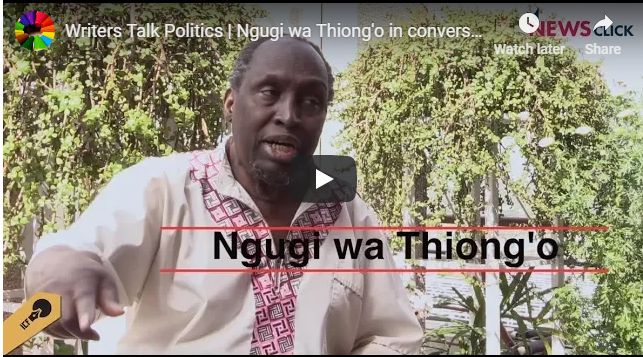
From the first part of a conversation between Ngũgĩ wa Thiong’o and Sudhanva Deshpande. The writer was in Delhi for the ILF Samanvay Translations Series-2018, organised in collaboration with Seagull Books, at the Indian Habitat Centre. In this conversation with Deshpande, actor and publisher, he talks of the presence of India in his novels; the need to fight against imperialism; and the necessity to secure one’s base in order to resist the coloniser.
The First Ever People’s Literature Festival

The first Jan Sahitya Parv (People’s Literature Festival), organised by the Saajha Sanskritik Morcha, a joint cultural forum backed by Communist Party of India Marxist (CPI-M), Communist Party of India Marxist-Leninist (CPI-ML), and various other people’s organisations, took place in Jaipur on 24 and 25 January, 2018. It was organised with the aim of opening a dialogue on literature — is literature political; what kind of literature is needed; what kind of literature is being produced and consumed; and who is it for?
“Urdu is my mother tongue and the love of my life”
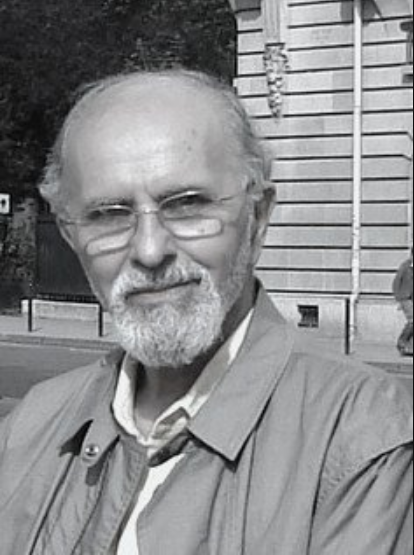
Muhammad Umar Memon, was a scholar, writer, and an internationally acclaimed translator who dedicated his life to Urdu. He was a pioneer in bringing Urdu literature to an international readership. He once said, “What is one life after all, in the immensity of the universe?” But his was a life that did and will continue to matter. His works will continue to matter. He believed that translated works were different “versions” of the original pieces and Muhammad Umar Memon has many different versions of a number of stories in his name.
Watching Raed Andoni’s Ghost Hunting in India
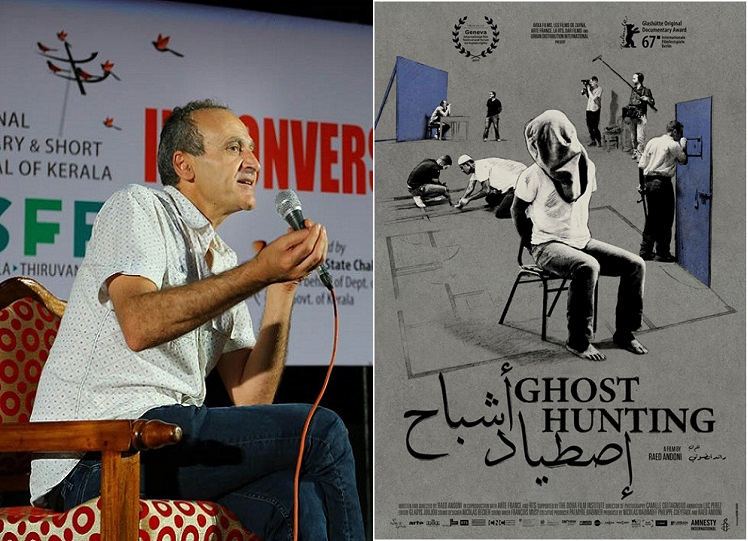
Palestinian filmmaker Raed Andoni ‘s Ghost Hunting was screened at the International Documentary and Short Film Festival in Kerala (IDSFFK), held in July 2018. It is part-fiction, part-documentary where ex-prisoners recreate the notorious Israeli interrogation centre, Moscobiya (in Jerusalem), and take up roles as prisoners and interrogators. Andoni was himself imprisoned in the same centre in the film. He films the process of recreating this centre in a basement in Ramallah, occupied West Bank. This is interspersed with fictional role playing by ex-prisoners, such that the process of filmmaking seemed like a collective catharsis of ‘ghosts’ each of them had buried within themselves.
Independent Publishing in India: Almost Island
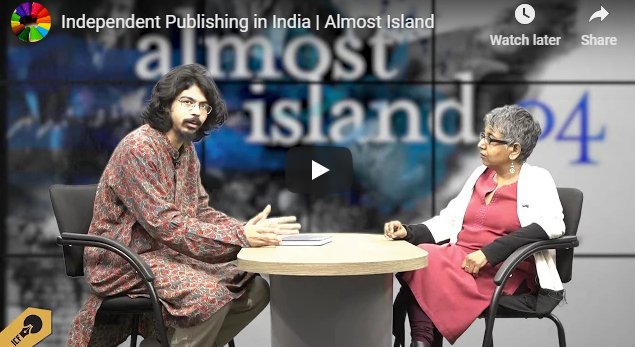
We speak to Sharmistha Mohanty, founder and co-editor of Almost Island, as part of our series on Independent Publishing in India, on the importance of place in writing; the journey of their imprint which began with Adil Jussawalla’s book Trying to Say Goodbye; the importance of looking away from the Anglo-American tradition in writing; and the process by which they shape their books.
“We hadn’t dreamt that a day would come when the newly-born Republic of hope would turn into a republic of fear for thinkers and writers.”
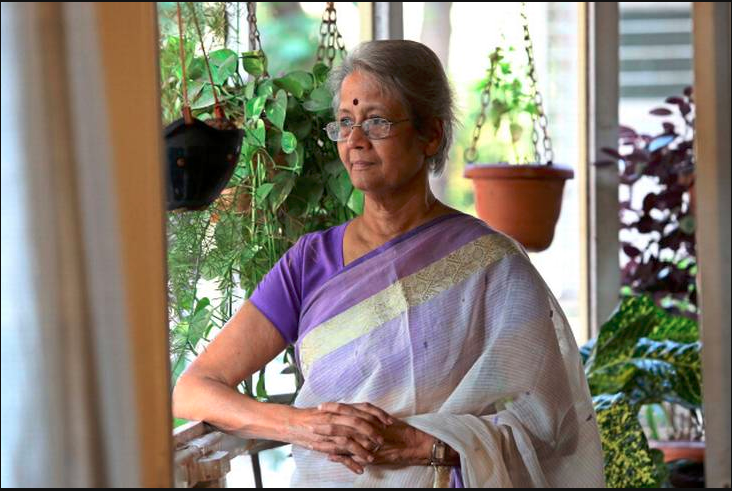
“Fellow-writers and friends, good morning. On such a morning as this, breathing the pure, bracing air of the hills, I wish I could speak of bright and bubbly things. But I cannot. I can only speak of what’s been on my mind, on all our minds, in recent times. For the last few years there has been a growing fear amongst us that if we write what we see and think, we might cause deep offence to some community or the other and lay ourselves open to legal action,” Shanta Gokhale’s speaks at the Ooty Literature Festival.
कविता वीरेन: दो कविताएँ
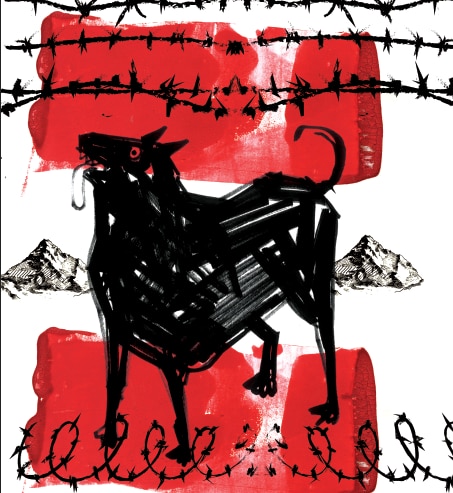
वीरेन डंगवाल (जन्म 5 अगस्त 1947 – मृत्यु 28 सितम्बर 2015 ) एक प्रसिद्ध हिंदी कवि थे . 2004 में उन्हें हिंदी भाषा में अपनी कविता की किताब ‘दुश्चक्र में स्रष्टा’ के लिए साहित्य अकादमी सम्मान दिया गया . वह एक पत्रकार और अकादमिक थे . ये कवितायें ‘नवारुण’ से प्रकाशित वीरेन डंगवाल की सम्पूर्ण कविताओं के संकलन ‘कविता वीरेन’ से पुनर्प्रकाशित की जा रहीं हैं .
“Time for polyphony”: Jerry Pinto on the Task of a Translator
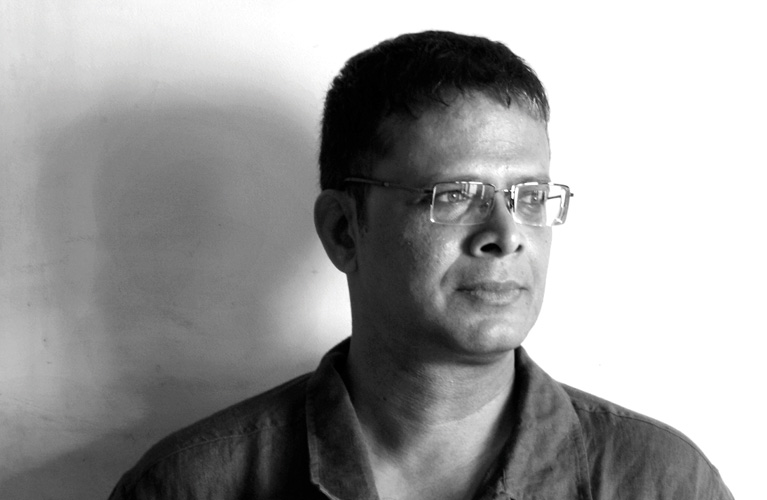
In the last few years, Jerry Pinto has also emerged as a diligent bilingual translator of Marathi books into English. His translations include Sachin Kundalkar’s eponymous debut novel Cobalt Blue, Baluta by Daya Pawar and I, the Salt Doll by Vandana Mishra. We interviewed Pinto on his role as a translator, his choice of texts for translating, his bilingual experience and more.
“The film industry’s attitude gives the notion of a very patriarchal space”: Bina Paul
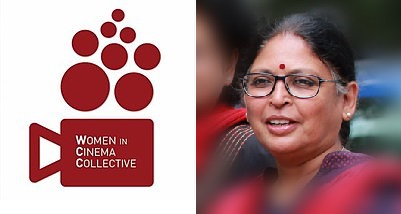
In February last year, a Malayalam actress was abducted and molested by a group of men while returning from work. Following the police complaint she filed, the police found one of the leading Malayalam actor Dileep’s involvement in the abduction. WCC, a woman’s collective, was formed by a group of women from the Malayalam film industry last year after the fatal incident. One of the reasons behind the formation of this collective was to fight against discrimination women are subjected to by the powerful men of the industry. The Indian Cultural Forum and Peoples Dispatch interviewed Bina Paul, an award-winning film editor and an active member of WCC, about taking up struggles of women actors in the Malayalam film industry, AMMA and more.
Who’s Afraid of Kancha Ilaiah?
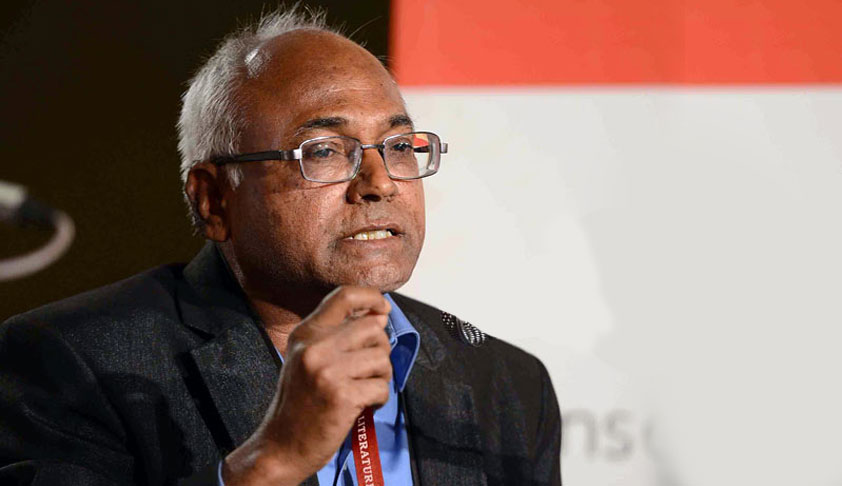
Delhi University proposed removing three books by political scientist Kancha Ilaiah from its curriculum citing their “controversial content” and “vitriolic nature towards Hinduism”. The three books –Why I Am Not a Hindu: A Sudra Critique of Hindutva philosophy, culture and political economy, Post-Hindu India: A Discourse in Dalit-Bahujan Socio-Spiritual and Scientific Revolution and God as Political Philosopher: Buddha’s Challenge to Brahmanism – are currently taught in the post-graduate Political Science programme in the university. All three books deal with the long-standing and persistent conflict between Brahmanism and alternative emancipatory worldviews. In these texts, Ilaiah offers a scathing indictment of orthodox Hinduism and its debilitating impact on Indian society.
Voices of Clay: The Musical Journey of the Ghatam
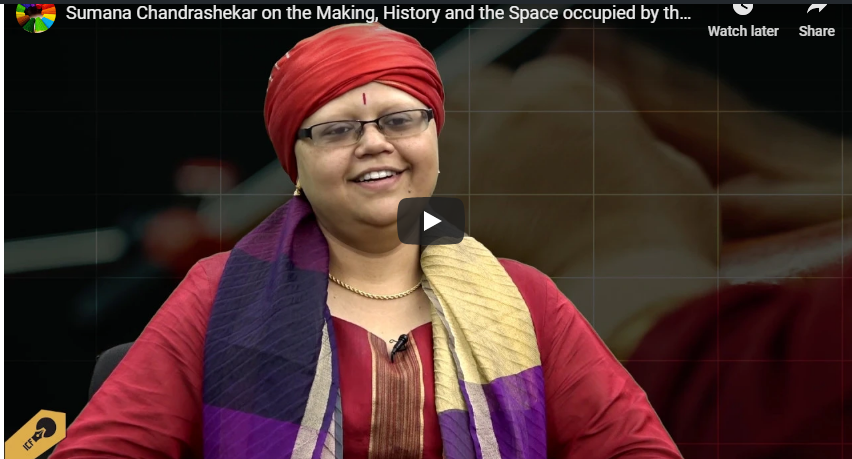
Sumana Chandrashekar is a Karnatik vocalist and ghatam player, who currently works as Senior Programme Officer responsible for the Arts Practice programme at the India Foundation for the Arts. She learnt to play the ghatam under the tutelage of Sukkanya Ramgopal, the first woman to play the instrument on stage. In this interview, Sumana Chandrashekar talks to the Indian Cultural Forum about the making of the ghatam, its history, and the space it occupies in Karnatik music.
Seeing Reason in Anand Patwardhan’s Latest Documentary Vivek
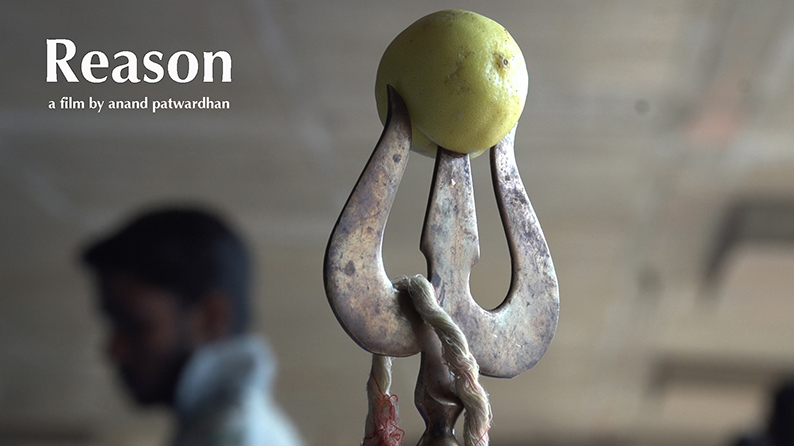
While a lot of the attention is paid to the Hindu Right, the film pays equal, if not more attention, to the resistance movements. Vivek is not just a document of the atrocities against minorities, primarily Muslims and Dalits in India in the last three years, but also a film of hope. The film premiered at the 43rd Toronto International Film Festival in September, and won the award for Best Feature-Length Documentary at the 31st International Documentary Film Festival Amsterdam, in November.
Read More:
2018: When the People Rose in Resistance
2018: The Year of Assaults on Citizens




